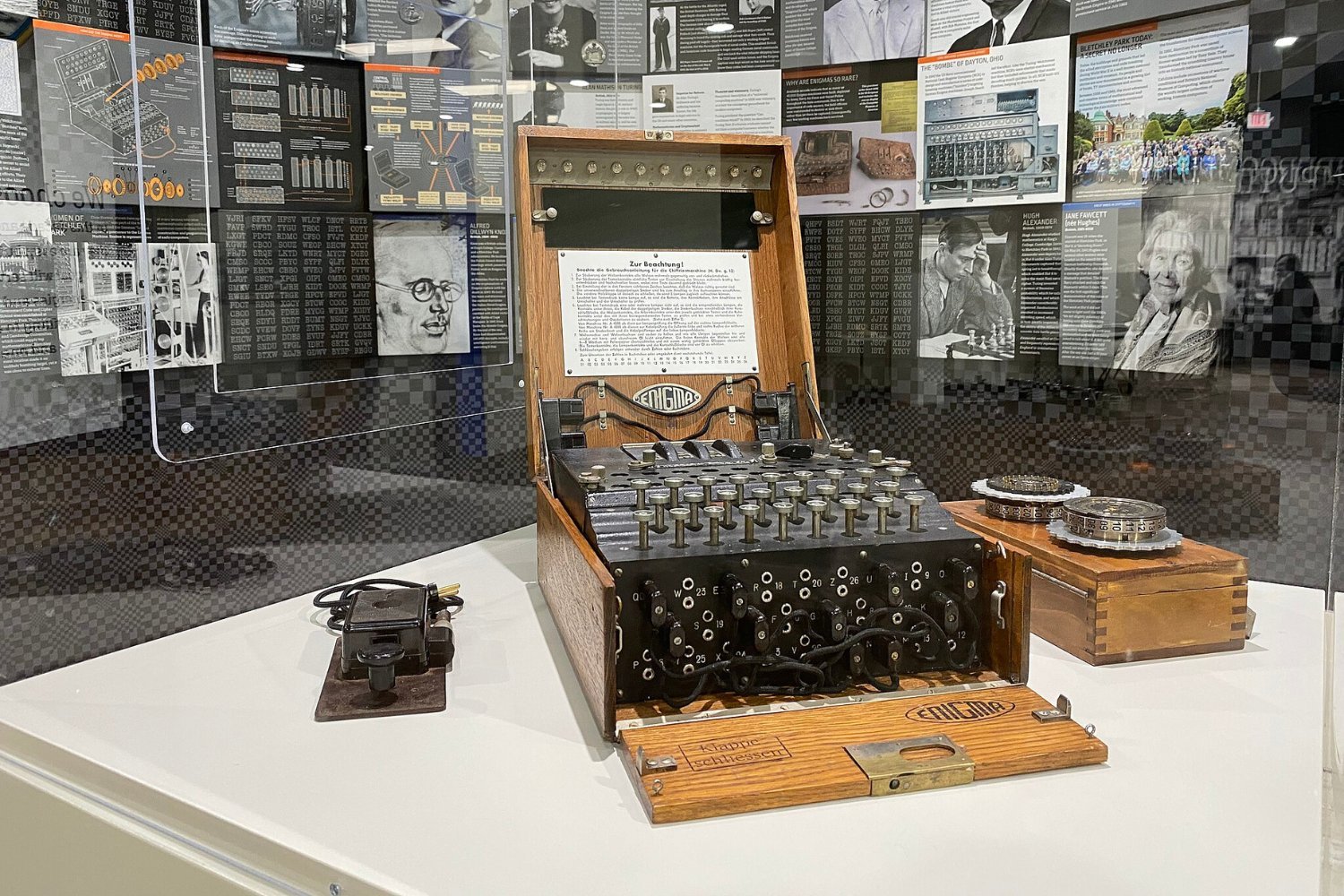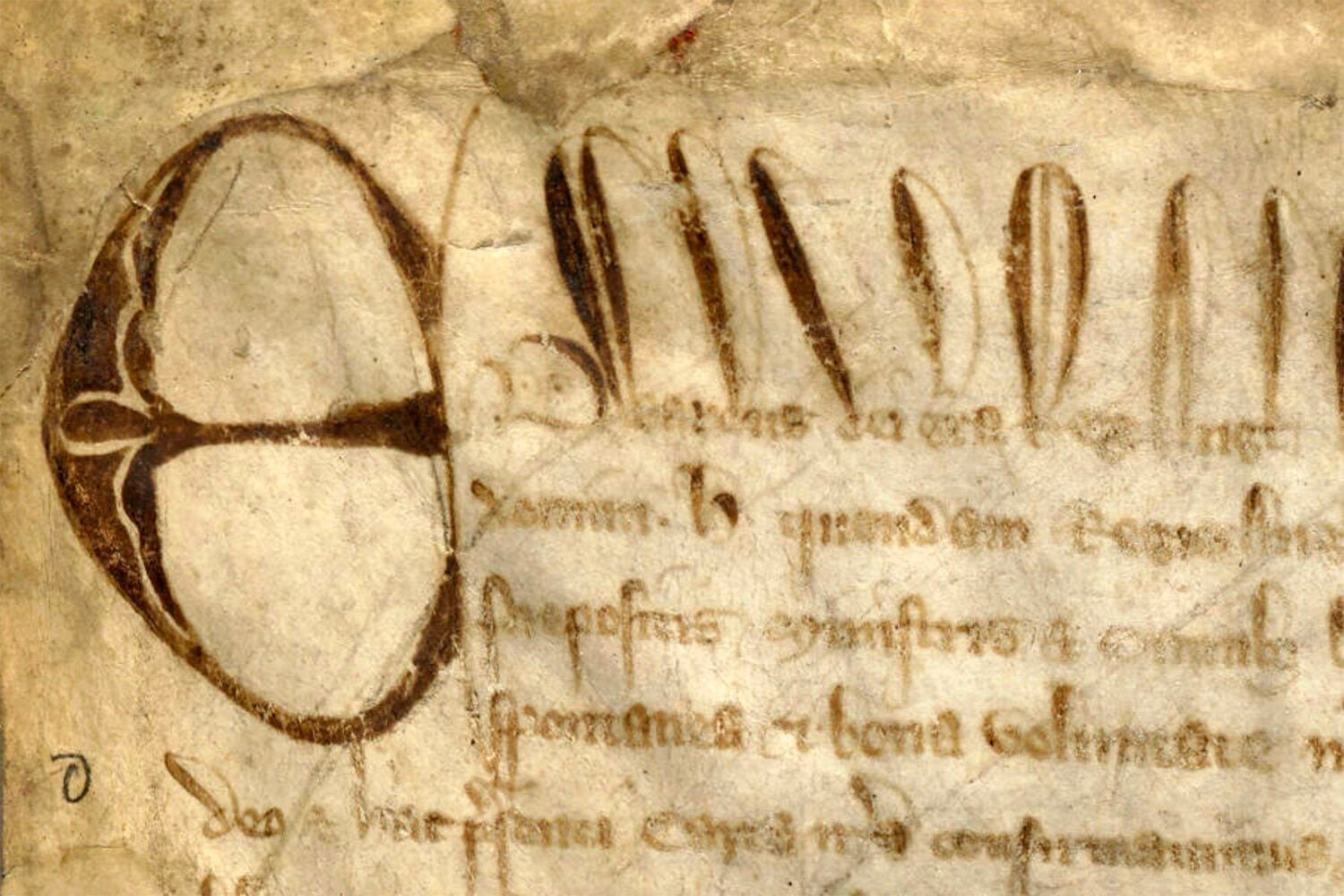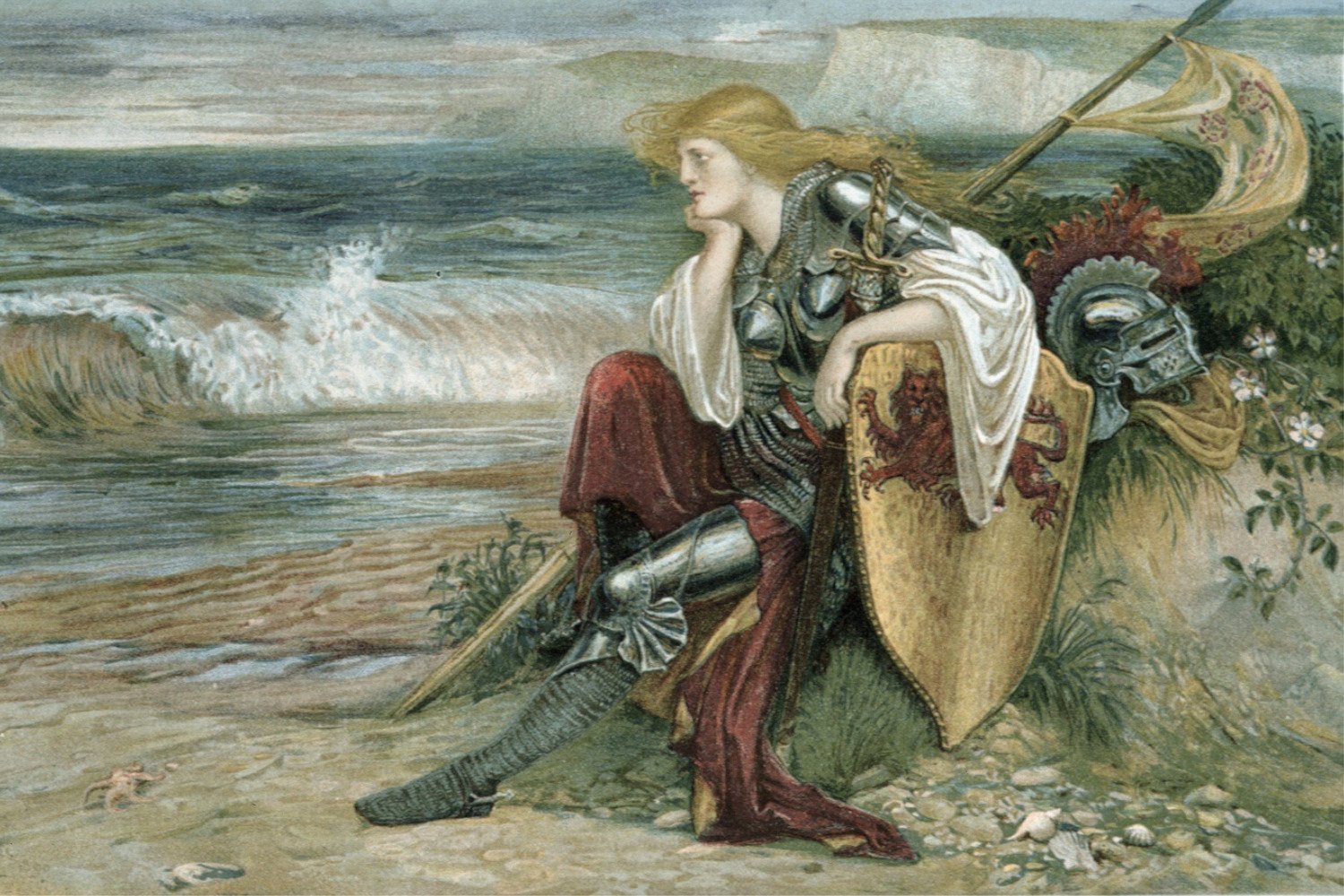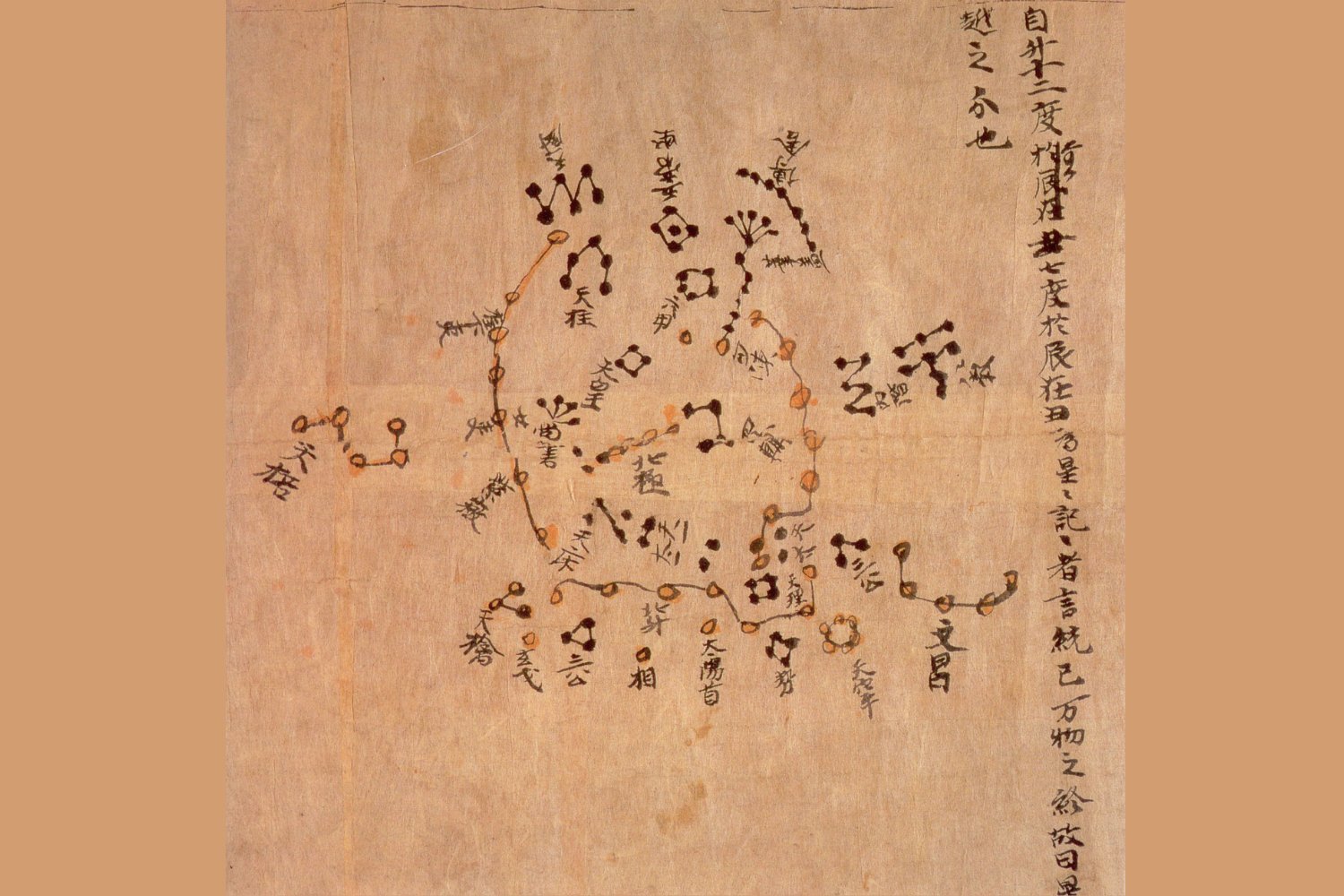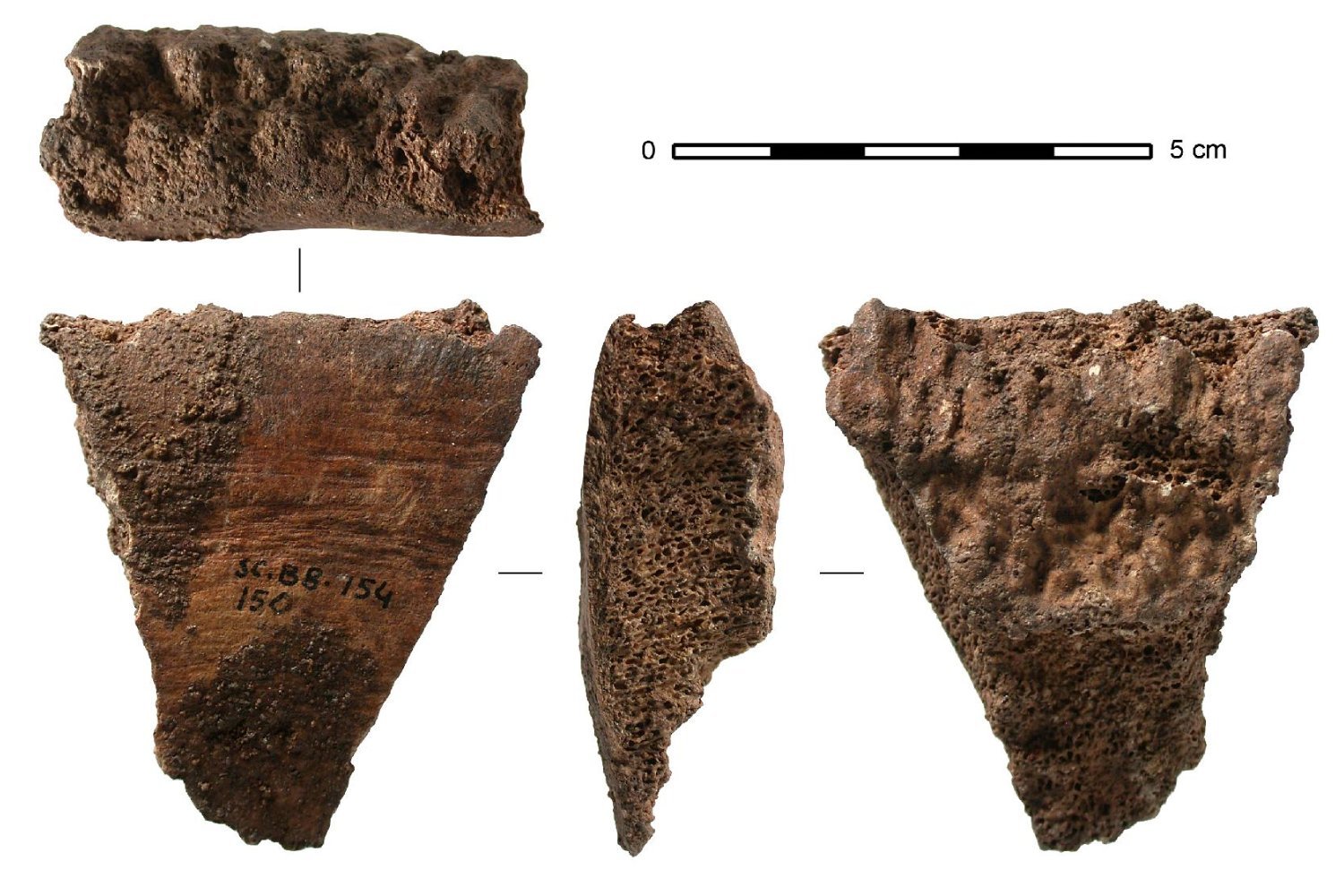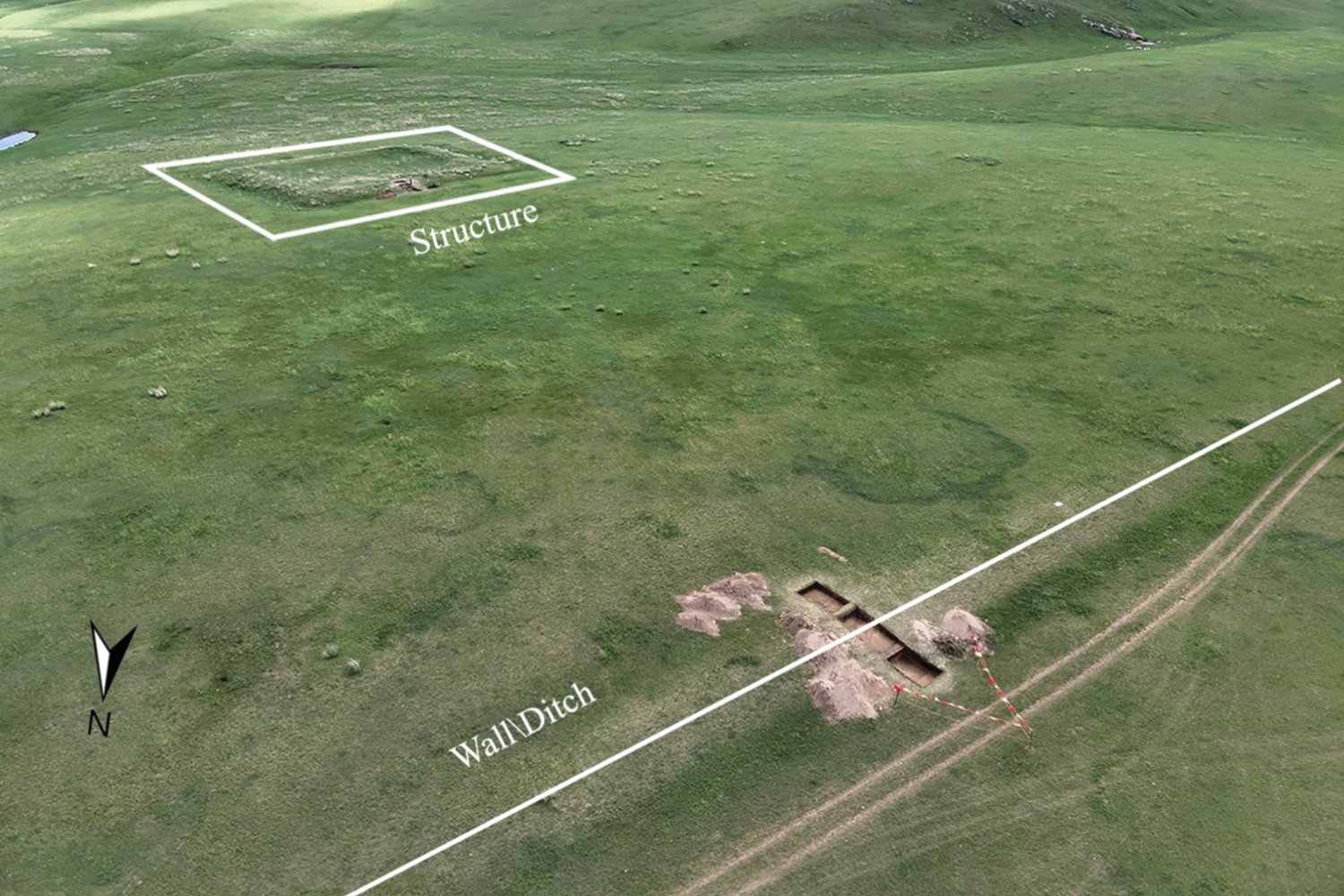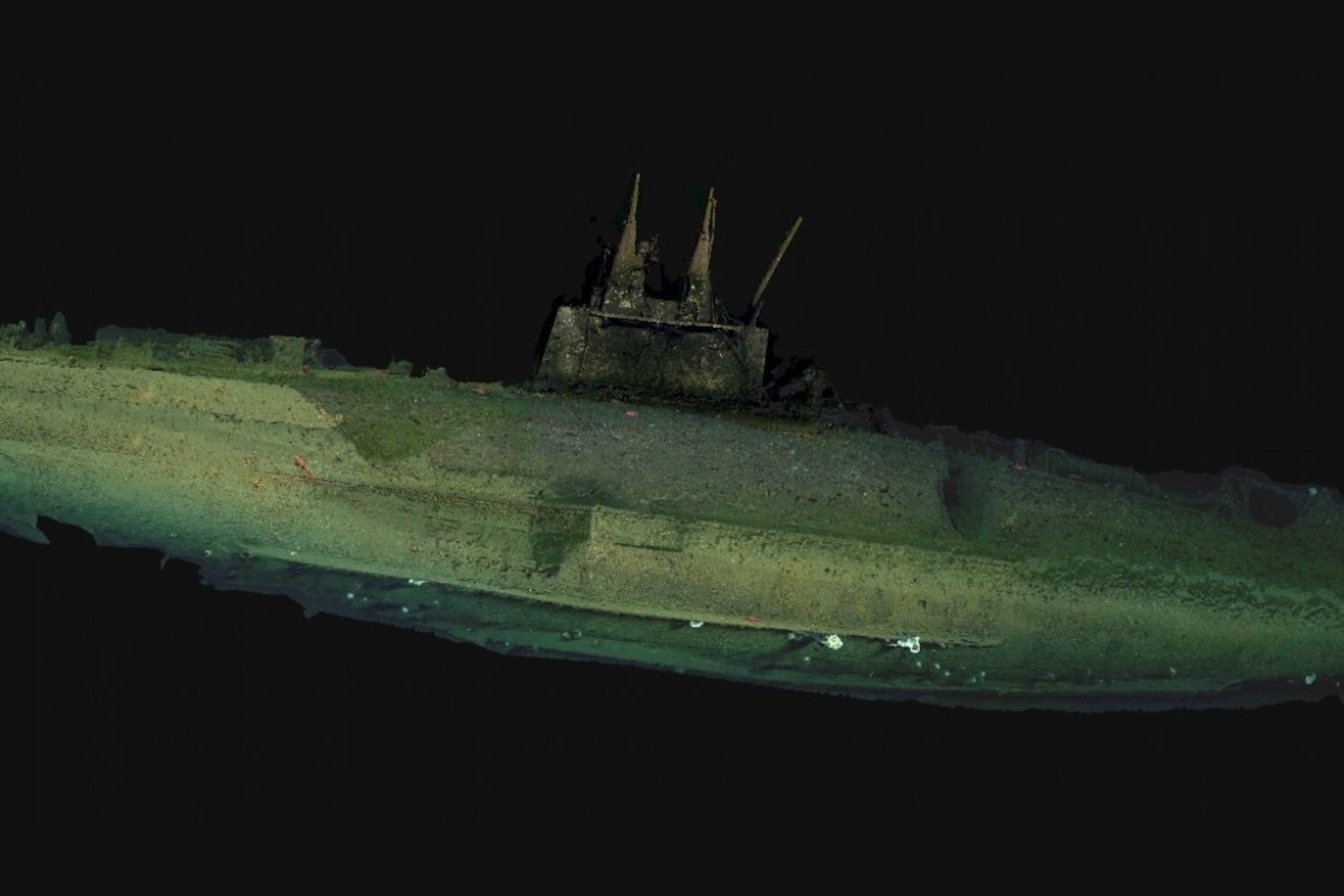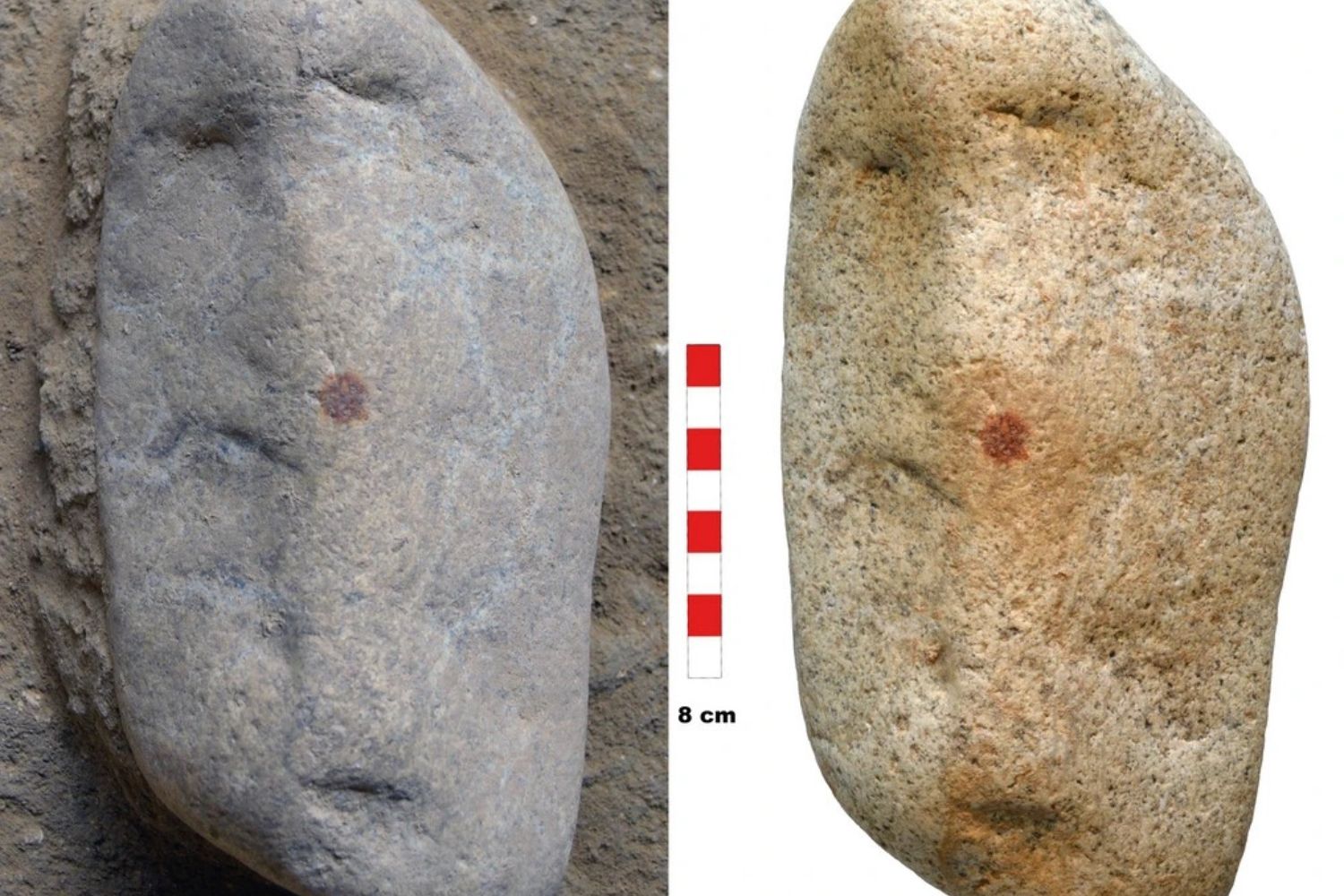The Enigma machine, a crucial encryption tool used by the Nazis during World War II, posed a formidable challenge for Allied cryptographers. While mathematicians like Alan Turing devoted immense effort to breaking the code in the 1930s and 40s, today’s AI and computational power could accomplish the same feat in a fraction of the time, as highlighted by The Guardian.
Modern computing and statistical analysis would easily overcome the Enigma’s encryption, according to Michael Wooldridge, a computer science professor at the University of Oxford. The Enigma’s strength lay in the astronomical number of possible encryption combinations, making manual decryption an impossible task.
Polish cryptographers initiated the code-breaking efforts in the 1930s, developing “bombas” (or “bombes”), electromechanical devices designed to test potential Enigma settings. Facing the escalating threat of German invasion, Poland shared their research with British and French intelligence. Alan Turing and his team at Bletchley Park built upon this foundation, exploiting vulnerabilities in the Enigma system, including the rule that a letter could never be encrypted as itself.
Wooldridge explained to The Guardian that bombes essentially acted as early mechanical computers, automating the process of sifting through countless decryption possibilities. This approach mirrors the core function of modern AI: identifying patterns within massive datasets, a task far too time-consuming for manual human calculation. Turing’s pioneering work in this area solidifies his status as a foundational figure in computer science and AI.
Modern AI, combined with the speed of contemporary computers, could replicate the logic of the bombes and swiftly decrypt Enigma messages. Wooldridge asserts that the Enigma would be no match for today’s technology. ChatGPT, when questioned about this, confirmed that while AI alone might not break the code, modern computing power could easily simulate and accelerate the bombes’ functionality.
While modern advancements make Enigma decryption seemingly trivial, the achievements of Turing and his colleagues remain remarkable, especially considering estimates suggesting their work shortened the war by up to two years. Their dedication and ingenuity underscore the historical significance of their code-breaking efforts.



